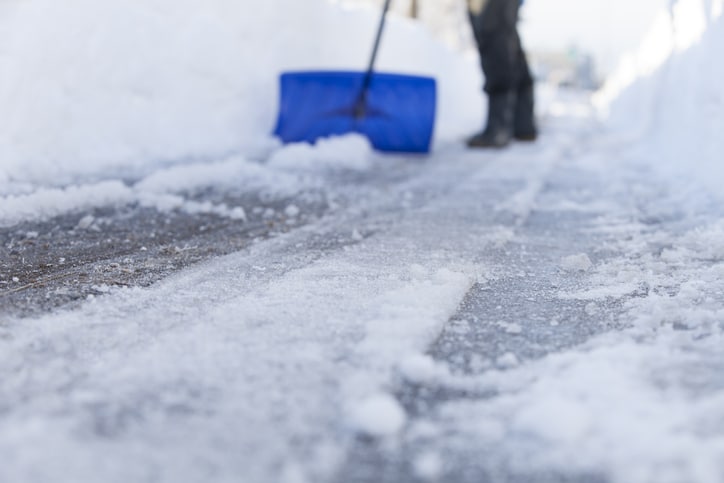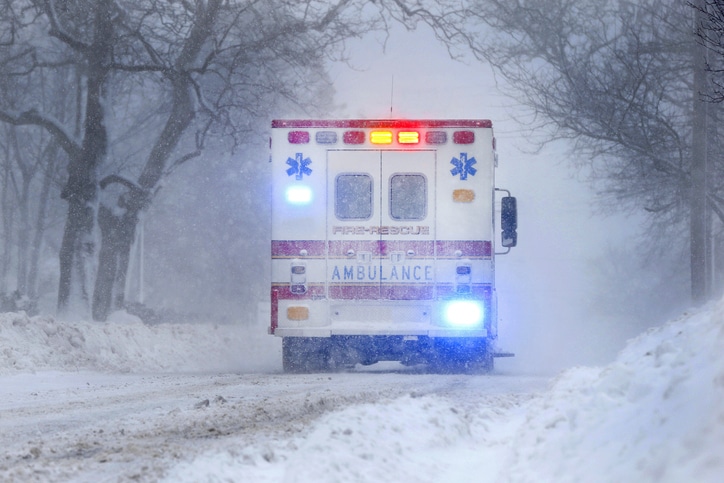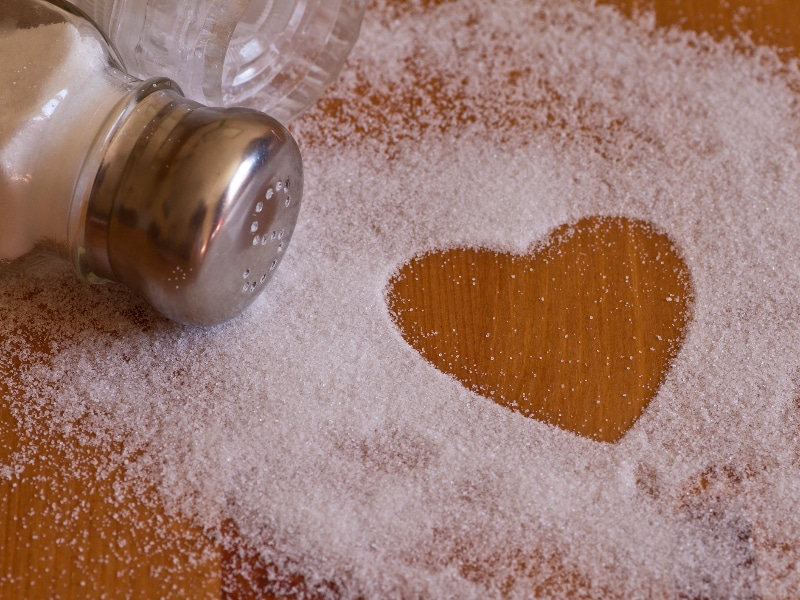The link between heart attacks and cold weather is well-documented, and cold and flu seasons are partly to blame because respiratory infections wreak havoc on the heart.
“This is a well-known phenomenon,” says William Posligua, MD, cardiologist on the medical staff at Methodist Charlton Medical Center. “Cold temperatures can be a big stressor on the heart.”
And now cold and flu season also ushers in a resurgent COVID-19, a virus that’s notoriously bad for the cardiovascular system. Dr. Posligua and other experts explain why the cold is so hard on the heart.

RECENT INFECTIONS
A compromised immune system could put you at greater risk of a heart attack. Research shows that a heart attack is more likely in the days following an infection like the flu or pneumonia.
Viruses like COVID-19 can also harm your cardiovascular health, even long after you’ve recovered. One report found that the disease increased the risk of 20 cardiovascular ailments, including “heart attacks, arrhythmias, strokes, transient ischemic attacks, heart failure, inflammatory heart disease, cardiac arrest, pulmonary embolism, and deep vein thrombosis.”
“When your body is trying to fight off an infection, it’s a major stressor to your system,” Dr. Posligua says.
Experts encourage patients to get their flu shots and COVID-19 boosters and take other infection prevention measures, including washing their hands and staying home when sick.

BIOLOGICAL REACTIONS
Our bodies have a natural response to the cold. Blood vessels constrict and decrease blood flow to the skin to minimize the loss of body heat. This reaction also raises our blood pressure and forces the heart to work harder.
“Uncontrolled hypertension is a risk factor for cardiovascular complications,” Dr. Posligua says.
From prevention to advanced procedures, trust your heart to the innovative, personalized care that Methodist provides. Visit MethodistHealthSystem.org
Shoveling snow and other physically demanding tasks can further strain the heart, especially for those in a higher-risk group.
“You still have to consider other risk factors, including smoking, hypertension, high cholesterol, heart disease, or diabetes,” Dr. Posligua explains. “It’s important to manage these conditions, and if anything gets worse, consult your physician to stay on top of your health.”

DIET AND ALCOHOL
Dishes that are rich in sodium and fat are a hallmark of fall and winter. But overindulging in unhealthy food and drink can have consequences.
Alcohol may lead to accidents, falls, and hypothermia, and it can elevate blood pressure to unhealthy levels and lower the effectiveness of blood pressure medications, Dr. Posligua says.
“People may also rely more on canned foods because they’re easier to prepare and can be preserved for a long time, but they are high in sodium content,” he adds. “People are also not exercising as much in the winter as they are during the spring or summer.”

GET HELP IMMEDIATELY
Taking care of your heart is a year-round responsibility, Dr. Posligua says. Going into winter, he advises patients to maintain the same healthy habits as they would during the spring and summer.
“Make sure you’re taking your medications as prescribed, communicate with your physicians if you notice anything abnormal, and do not write off new or worsening symptoms,” he says.
Some people make the mistake of delaying care because of bad weather or road conditions, but avoiding medical help will only make the situation worse.
“Call for emergency help,” Dr. Posligua urges patients. “The sooner you get care, the better off you will be.”






